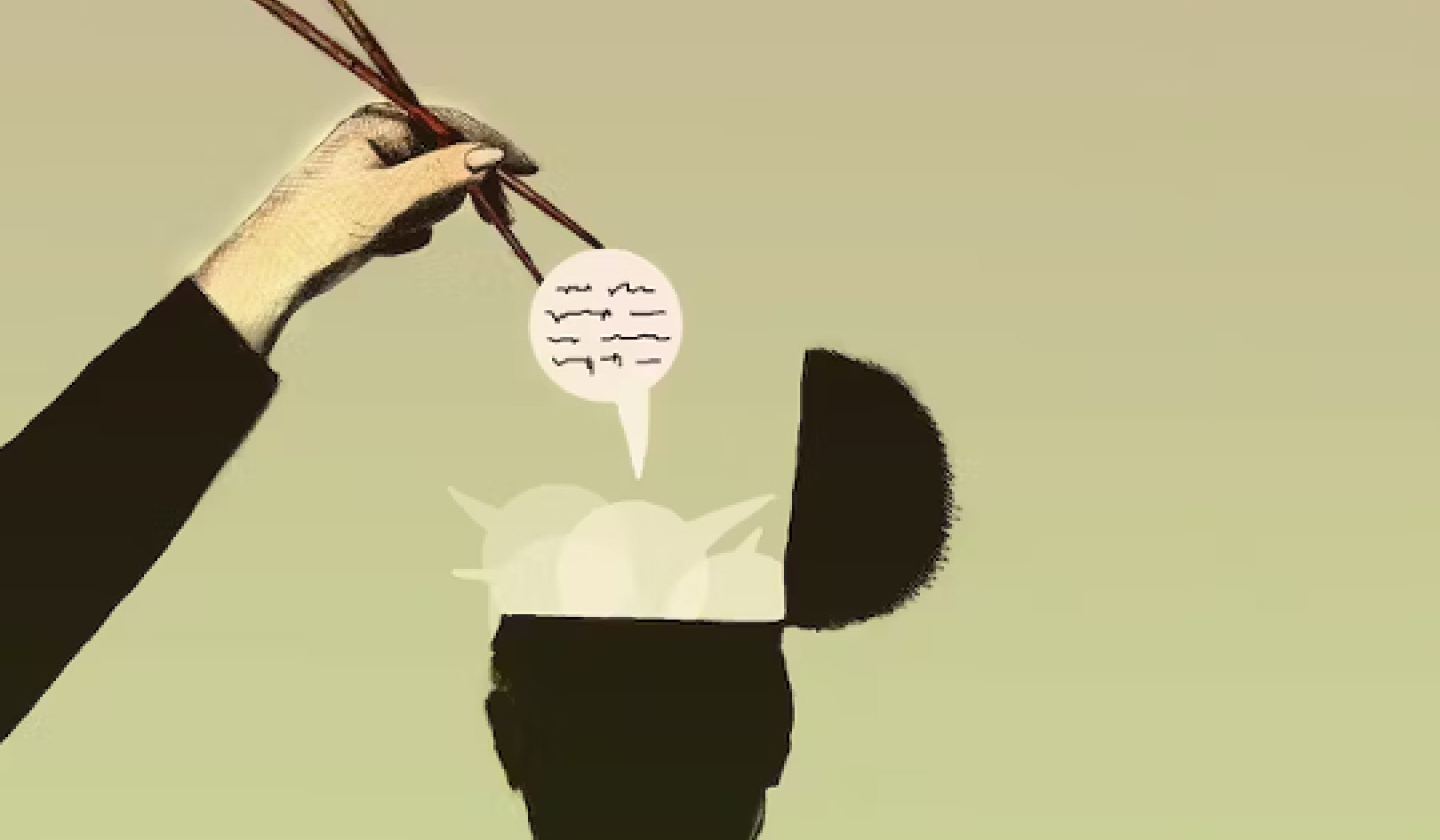
John was a middle-aged athletic man living here in Santa Barbara. John was really frustrated because his partner, Ellen, would rather be on her computer checking Facebook than be outside. Every weekend was a battle to get Ellen out of the house.
John realized that he needed to change how he was thinking and to somehow find a way to give up something he felt was very important – his expectation of having an athletic mate.
We all experience everyday annoyances like these with the people around us. What turns an irksome characteristic, situation, or event into a source of continued frustration? It’s our expectations, our “shoulds” that cause aggravation and annoyance: "Ellen should be enthusiastic about playing in the great outdoors."
If we dig deeper, the underlying emotion behind our frustration is anger. And that unexpressed anger has a way of coming out in in the form of unrealistic expectations, “shoulds,” and a short temper around loved ones.
Do You Suffer From Expectations?
How do you know if you suffer from expectations? Do you…
* believe everything would be fine if others shared your brilliant views and completely agreed?
* make negative judgments?
* frequently feel disappointed, frustrated, and intolerant of others?
* feel entitled to give unsolicited advice and opinions?
* invalidate what you don’t accept or like, disguising anger with indifference, caustic tones, demeaning looks, and impatience?
* focus on differences and feel separate?
Well, my friend, you pay a steep price for your expectations. First, you create feelings of frustration in yourself. That’s not pleasant. Second, by resisting what you don’t like, believe, or want, you find yourself feeling judgmental. That’s doesn’t create loving feelings.
Third, you alienate others by your demeanor. People don’t feel like they enjoy talking with you.
Freeing Ourselves Of Our Expectations
What’s the way to free ourselves of our expectations? Accept reality. Acceptance doesn’t condone a given person or event, it brings peace and love.
You’re not rolling over and giving up by accepting someone/something, rather it reframes your understanding so you respect another’s view or ways as valid as yours.
Four Techniques to Rid Yourself of Expectations
1. Express your anger constructively.
Emotions are just pure sensations in our bodies. Emotion = E (energy) + motion. Expressing anger entails releasing that pent-up emotional energy in a safe place and a constructive way. Kick leaves in your yard, stomp through the house when no one is home, push against a doorjamb, or scream and shout into a pillow. If you use words, yell something like, “I feel SO frustrated!” Actions such as these move the energy out of your body. Do it hard, fast and with abandon, and notice how afterwards you instantly feel calmer.
2. Accept that things aren’t the way you’d like them to be.
John was not enthusiastic about expressing his anger physically but was open to the idea of changing his thoughts. He needed to accept what is. The best way for him to do this was to remind himself, over and over, that: Ellen the way she is, not the way I want her to be. It’s even more powerful if you repeat it to yourself out loud. Over and over, many times a day John told himself “Ellen is the way she is, not the way I want her to be. I love her. She’s not me. Let Ellen be Ellen.”
After repeating these words, John had a shift. His acceptance statement became a fact instead of a platitude. By interrupting his old thinking and repeating these phrases over and over many times a day, John got that he needed to accept Ellen for who she was and relish the activities they enjoyed doing together.
John also realized how it wasn’t just Ellen who he didn’t accept, but actually most everyone. His neighbor. The other drivers. The inept store clerk. His kids. So he found he needed to repeat “People and things are the way they are, not the way I want them to be,” all throughout the day.
The benefits were real and amazing. He felt more loving and lighthearted. He appreciated what was good rather than what he didn’t like. He adjusted his expectation so they were more realistic. He enjoyed the fact others approached him more and he was having more meaningful conversations. And lastly, John found more ease and noticed he could face tough situations with a genuine smile.
Acceptance is not “I don’t believe it.” It’s “I’d better believe it because that is what happened.” It’s not “I accept her, but she’s obnoxious.” Acceptance is, “I accept her because that’s the way she is.” Period.
3. Accept what is and then decide what you need to say or do.
Acceptance of “what is” doesn’t mean being passive. First accept, and then figure out what, if anything, you need to say or do about the situation. John had a great idea. The following weekend, he decided to ask Ellen to teach him how to use Facebook. Working together on the computer led to a lot of laughter. After a while and much to Tom’s surprise, Ellen suggested they walk to the pier and watch people fishing. They got out of the house.
If you decide you need to speak up after you accept what is, make sure the conversation is about what’s true for you, and not laced with finger-pointing, name calling, and generalizations about the other person’s character. Read this article to learn about Attitude Reconstruction’s simple rules of effective communication.
4. Count your blessings
Rather than believing the world should conform to our view, we have the ability to focus on other things, such as counting our blessings, enjoying the beautiful day, or marveling at what wonderful people we have in our lives. If you give up your expectations that things should be different than they are, you’ll enjoy more positive thinking and feel more loving and lighthearted. You’ll suspend your agenda for others, which sets the stage for more meaningful conversations and connections.
Whenever John’s frustration resurfaced, he just repeated, “Ellen is the way she is, not the way I want her to be. Let Ellen be Ellen.” So even though he would like to have an athletic partner, he refocused on all of the positive qualities that Ellen possessed, and found activities they could both enjoy doing together. And almost like magic, giving up his expectation and embracing acceptance allowed John to create a warmer, safer and more loving atmosphere with his wife and entire family.
How to Produce More Love and Less Expectations
Make a list of everyone and everything you don’t like, don’t accept, or believe should be different. Then take the first item on list and personalize the generic statement “People and things are the way they are, not the way I think they should be,” such as “My father is the way he is, not the way I think he should be.”
Repeat your statement until you really get it. Then go to next item and repeat this procedure.
Good "Truths"
The following are good "Truths" to repeat to help you give up your expectations and become more accepting. Pick the one that calls you and say it night and day.
* People and things are the way they are, not the way I want them to be.
* We see things differently.
* Your views and needs are as valid as mine.
* This is the way it is.
©2017 by Jude Bijou, M.A., M.F.T.
All Rights Reserved.
Book by the Author
Attitude Reconstruction: A Blueprint for Building a Better Life
by Jude Bijou, M.A., M.F.T.
 With practical tools, real-life examples, and everyday solutions for thirty-three destructive attitudes, Attitude Reconstruction can help you stop settling for sadness, anger, and fear, and infuse your life with love, peace, and joy.
With practical tools, real-life examples, and everyday solutions for thirty-three destructive attitudes, Attitude Reconstruction can help you stop settling for sadness, anger, and fear, and infuse your life with love, peace, and joy.
Click here for more info and/or to order this book.
About the Author
 Jude Bijou is a licensed marriage and family therapist (MFT), an educator in Santa Barbara, California and the author of Attitude Reconstruction: A Blueprint for Building a Better Life. In 1982, Jude launched a private psychotherapy practice and started working with individuals, couples, and groups. She also began teaching communication courses through Santa Barbara City College Adult Education. Visit her website at AttitudeReconstruction.com/
Jude Bijou is a licensed marriage and family therapist (MFT), an educator in Santa Barbara, California and the author of Attitude Reconstruction: A Blueprint for Building a Better Life. In 1982, Jude launched a private psychotherapy practice and started working with individuals, couples, and groups. She also began teaching communication courses through Santa Barbara City College Adult Education. Visit her website at AttitudeReconstruction.com/
* Watch an interview with Jude Bijou: How to Experience More Joy, Love and Peace
* Watch video: Shiver to Express Fear Constructively (with Jude Bijou)




























